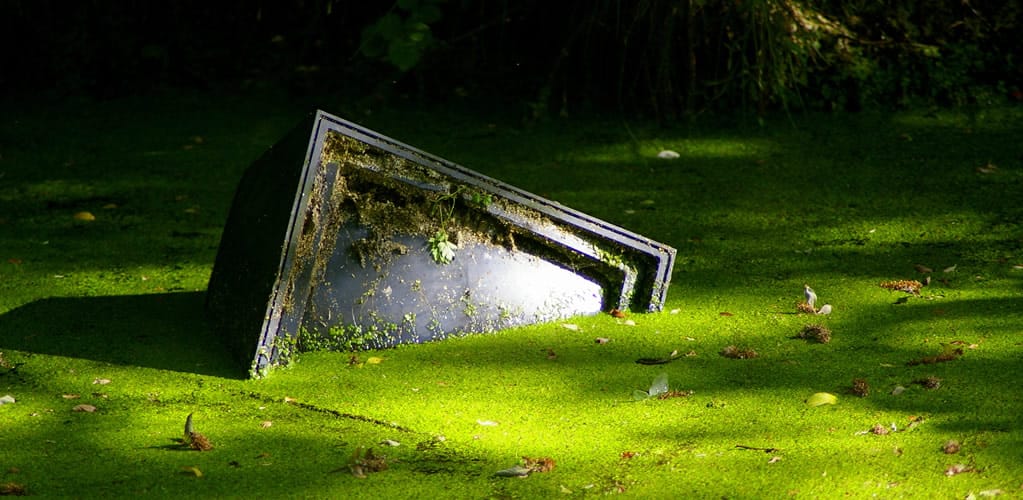From I’m a Celeb to Strictly: Public verdict on politicians in Reality TV
The return of the debate on politicians in reality TV is highlighted by Nigel Farage’s participation in I’m a Celeb. A recent YouGov survey reflects mixed public opinions on the suitability of politicians in reality TV.

The return of the debate on politicians in reality TV is highlighted by Nigel Farage’s participation in I’m a Celeb. Previous political figures, including Nadine Dorries and Matt Hancock, have stirred controversy. A recent YouGov survey reflects mixed public opinions on the suitability of politicians in reality TV.
T he debate surrounding the suitability of politicians appearing on television has resurfaced with Nigel Farage currently in Australia for I’m a Celeb. Prior to him, other politicians ventured into the Australian-based program presented by Ant and Dec, including Lembit Opik (2010), Nadine Dorries (2012), and Matt Hancock (2022).
But this discussion is not new, as other politicians have previously participated in reality TV shows. For example, George Galloway took part in Big Brother (2006), Penny Mordaunt appeared in Splash (2014), and Ann Widdecombe (2010) and Ed Balls (2015) joined Strictly.
To assess public opinion on this matter, YouGov conducted a survey, asking the British public whether they believe politicians or ex-politicians are suited for television when participating in reality TV shows.
Ant and Dec appeared to make it clear this weekend that they want ITV to take a break from recruiting politicians to enter #ImACeleb
— Metro (@MetroUK) December 3, 2023
‘I’m a Celeb has just fully ruined all of its credibility. First Matt Hancock. Now Nigel Farage?’ raged one viewerhttps://t.co/F8WGu6J4iS
CONTINUE READING...
Enjoy unlimited access now.
To get full access to this article,
simply become a member of PUBLIC SQUARE now.
By doing so, you will be supporting
our independent journalism.
MEMBERSHIP OPTIONS:
£3/month ∙ £5/month ∙ £7/month
You can cancel anytime.
BECOME A MEMBER
Already a member? Sign in here!
BENEFITS OF MEMBERSHIP:
✅ Read exclusive member-only articles
✅ Read our daily review of the UK front pages
✅ Receive every new article by email
✅ Access all our articles
✅ Get Special Discounts with our partners
✅ Join the conversation: Comment our articles
✅ Access our archives
✅ More importantly: Support independent journalism and keep the magazine going
Read more

— A global report reveals rising repression and criminalisation of climate and environmental protests, with state and corporate actors employing anti-protest laws, harsher policing, and violence to stifle activism worldwide.

— Polling accuracy in the U.S. presidential election faced criticism, despite improved performance over 2020. Small errors in a tight race amplified perceived inaccuracies, but swing state polls generally proved reliable, reflecting a close contest, Professor John Curtice explains.

— National populism, fuelled by media-backed disinformation, anti-immigrant rhetoric, and libertarian ideologies, threatens democracies globally by eroding institutions, fostering fear, and exploiting divisions.

— A UK tribunal upheld the ban on a Chinese businessman, citing national security risks. His links to Prince Andrew underscore concerns about foreign influence and lapses in public scrutiny.
|
|

